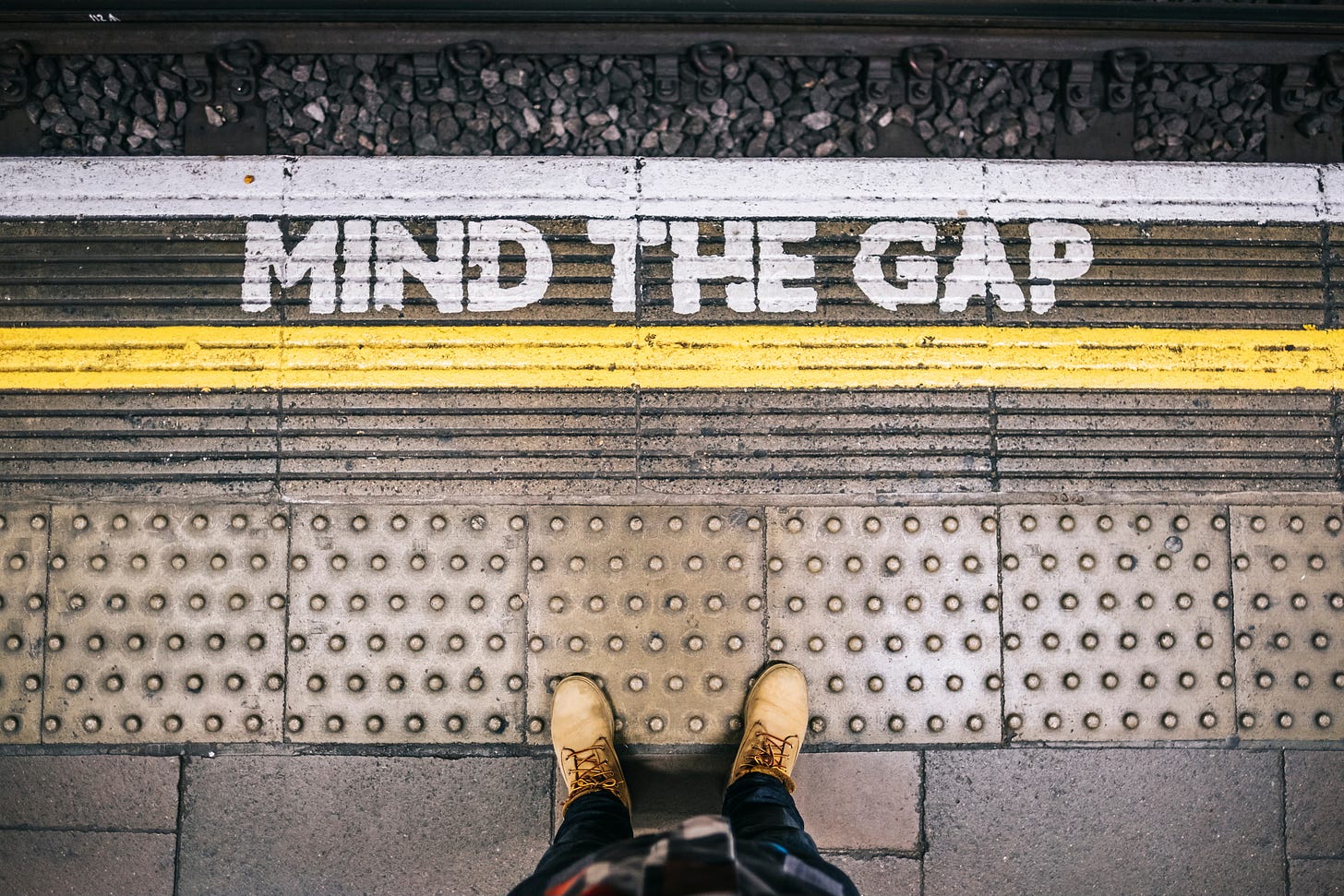Do better, CEOs.
Last week I joined a panel presented by The FEAT about how companies should or could or might or may handle an impending return to office for its employees. (Please don’t ever say “return to work” because people have been WORKING, just not at their offices.)
The moderator cited a Washington post Op-Ed that noted a huge gap between some 83% of CEOs who wanted employees to retune full time to the office and a mere 10% of employees who wanted to do so. What, the mod asked me, could account for the discrepancy?
I confess I kicked off with a cheap shot, namely that probably the same thing that accounted for the discrepancy between CEO pay and worker pay at some of our largest companies. But I went on to add that I was shocked that any CEO would be so forthcoming with their opinion on the right or preferred path forward without (or at least before) talking to their employees. How do you know what you want, CEO, if you’re so out of touch with what your employees want? It’s a company, not a fiefdom, and managing and maintaining the satisfaction of your staff is supposed to be a core leadership responsibility.
There’s a communication gap for sure. But more than that. There’s an empathy gap.
I have this theory that most large company CEOs may have gone home during the pandemic, and probably had the resources on hand to not have to deal with the situation most of their employees were. They were likely not deeply worried about not having childcare or having to oversee home-zoom-school-ing. Their families would probably be OK even if someone in it lost their job. Being rich can’t necessarily save you from COVID itself, but it leads to better medical and health outcomes, and it certainly gives you a lot of options and extra avenues to a comfortable lockdown. Because of that underlying cushion of support and resources at a personal level, CEOs had more time and mental bandwidth to be annoyed by the hiccups that arose from the transition to 100% remote overnight.
But think of the employee’s point of view. They got sent home. Thinking it would be for a couple of weeks. Many people left belongings at their desk, figuring they’d be back soon. And then employees spent the next 15 months in a state of constant stress, and often downright fear, as COVID hotspots moved around the country. They may have lost income in their household. They may have lost loved ones. They were dealing with no childcare, no in-person school, and then the crushing blow when it became clear that the school year would not start in-person last Fall. They were dealing with elderly parents who weren’t being careful enough, or who were declining in isolation. They were dealing with spaces that were too small, and probably voices that were too loud in their spaces that were too small while they tried to work. Through it all they kept going, kept working, kept persevering. Many companies, entire sectors really, had banner years, while small businesses, especially those in retail, food & beverage, and hospitality, foundered.
If, Mr./Ms. CEO, your company was one of the ones that not only survived, but thrived, then your employees are probably wondering:
“Is this the thanks we get?”
We pulled off miracles. We made a style of working, that you thought was impossible, work. For fifteen months (so far). We had a million distractions. not to mention high-stakes legitimate concerns. And we proved it could work.
And this is the thanks we get?
Whether a CEO didn’t think to ask their employees before deciding what was best, or whether they asked and did not care what employees were feeling doesn’t really matter. There’s a big disconnect, and it’s time for CEOs to do better. (While you’re at it maybe you could carve a couple million of your salary and give everyone a raise to thank them for their service this past year and a half!)
Have you seen this empathy gap in action?





